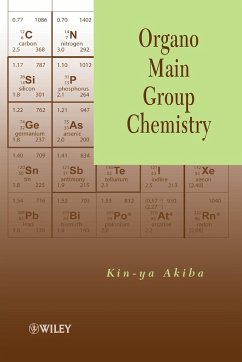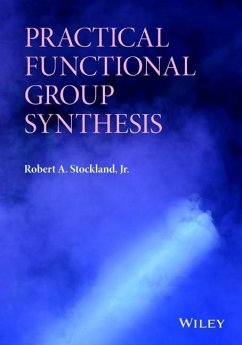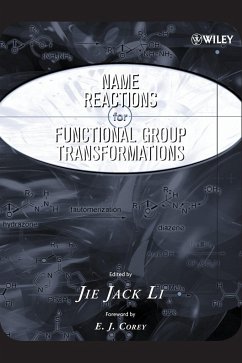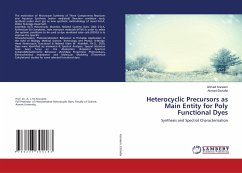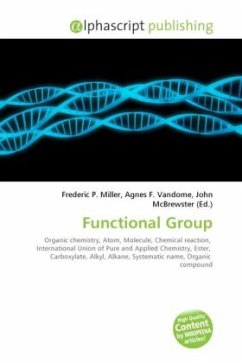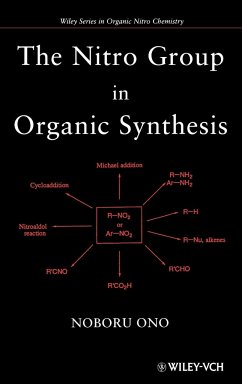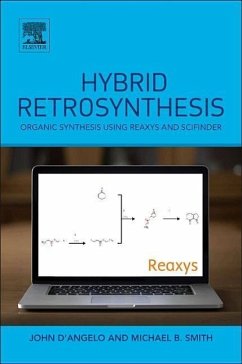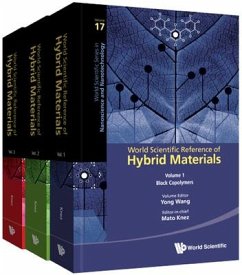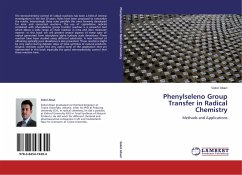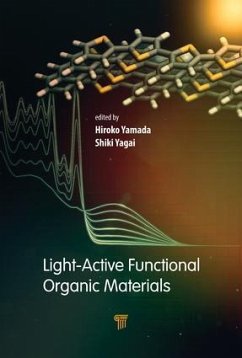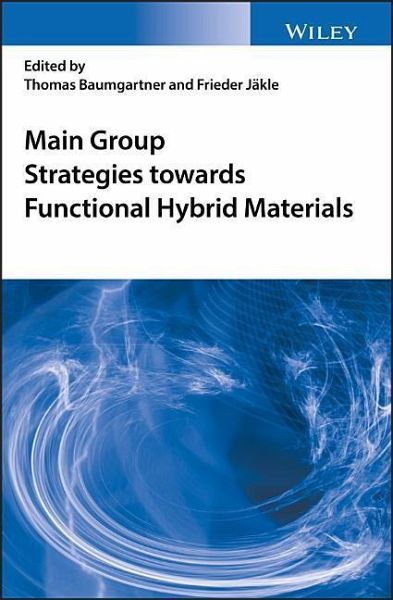
Main Group Strategies Towards Functional Hybrid Materials
Versandkostenfrei!
Versandfertig in über 4 Wochen
185,99 €
inkl. MwSt.
Weitere Ausgaben:

PAYBACK Punkte
93 °P sammeln!
Showcases the Highly Beneficial Features Arising from the Presence of Main Group Elements in Organic Materials, for the Development of More Sophisticated, Yet Simple Advanced Functional Materials Functional organic materials are already a huge area of academic and industrial interest for a host of electronic applications such as Organic Light-Emitting Diodes (OLEDs), Organic Photovoltaics (OPVs), Organic Field-Effect Transistors (OFETs), and more recently Organic Batteries. They are also relevant to a plethora of functional sensory applications. This book provides an in-depth overview of the e...
Showcases the Highly Beneficial Features Arising from the Presence of Main Group Elements in Organic Materials, for the Development of More Sophisticated, Yet Simple Advanced Functional Materials Functional organic materials are already a huge area of academic and industrial interest for a host of electronic applications such as Organic Light-Emitting Diodes (OLEDs), Organic Photovoltaics (OPVs), Organic Field-Effect Transistors (OFETs), and more recently Organic Batteries. They are also relevant to a plethora of functional sensory applications. This book provides an in-depth overview of the expanding field of functional hybrid materials, highlighting the incredibly positive aspects of main group centers and strategies that are furthering the creation of better functional materials. Main Group Strategies towards Functional Organic Materials features contributions from top specialists in the field, discussing the molecular, supramolecular and polymeric materials and applications of boron, silicon, phosphorus, sulfur, and their higher homologues. Hypervalent materials based on the heavier main group elements are also covered. The structure of the book allows the reader to compare differences and similarities between related strategies for several groups of elements, and to draw crosslinks between different sections. * The incorporation of main group elements into functional organic materials has emerged as an efficient strategy for tuning materials properties for a wide range of practical applications * Covers molecular, supramolecular and poly-meric materials featuring boron, silicon, phos-phorus, sulfur, and their higher homologues * Edited by internationally leading researchers in the field, with contributions from top specialists Main Group Strategies towards Functional Organic Materials is an essential reference for organo-main group chemists pursuing new advanced functional materials, and for researchers and graduate students working in the fields of organic materials, hybrid materials, main group chemistry, and polymer chemistry.




